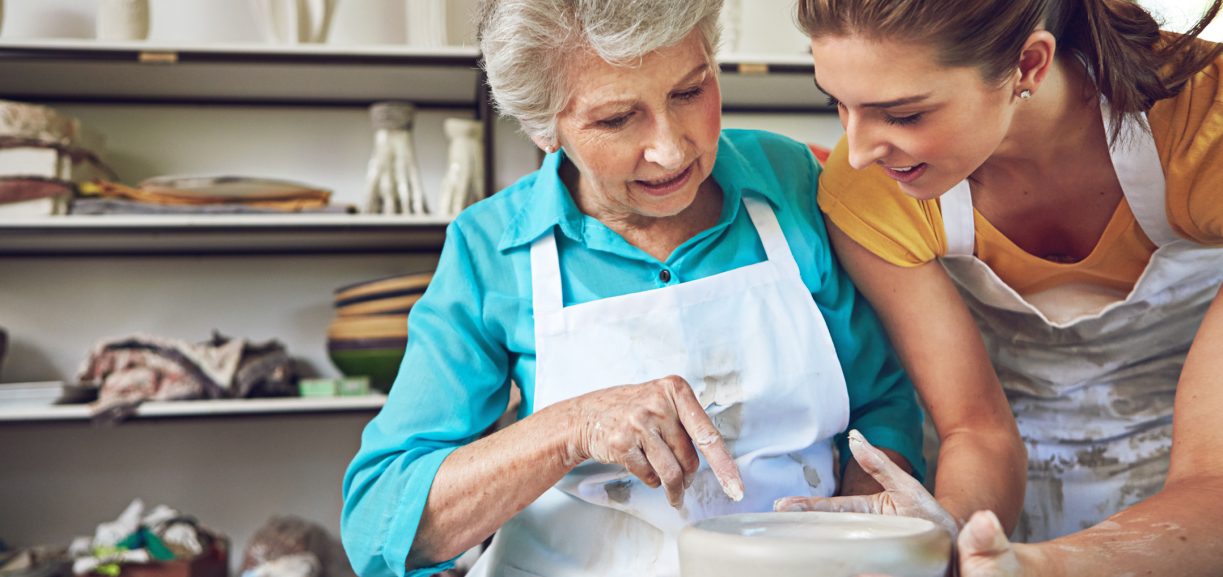
Live-in Care
What is live-in care?
Live-in care is personal care provided around-the-clock in the individual’s own home. Expert carers live in the house, providing support, a helping hand, and sometimes nursing care 24 hours a day.
What are the signs that live-in care is needed?
Live-in care may be necessary when someone is unable to manage the normal activities of daily living safely. Confusion, reduced mobility, and restless nights can increase the risk of falls and household accidents. Many people are too proud or ashamed to admit they’re having problems. However, there are clues that they may not be coping. If a loved one is looking dirty, unkempt, or inappropriately dressed. If they’re not eating, or they’re confused about medication, they may need help at home. Vital signs that around-the-clock care support is necessary include:
Near misses: Burned pans, hobs left on, doors left open, or baths overflowing could suggest that someone is suffering confusion and memory loss that could put them in danger.
Falls: Arthritis, impaired mobility, and failing vision can make people unsteady and prone to fall. Falls can lead to broken bones or head injuries. Someone unable to get up or call for help will suffer pain and discomfort and is at risk of further problems.
Restless nights: Dementia can upset the body’s natural cycle of waking and sleeping. Sleep disturbance can also develop due to heart, lung disease, or urinary problems. Accidents are more likely when it’s dark, so live-in care helps maintain safety.
Wandering: In the later stages of dementia, people can be agitated and confused and may wander to seek familiar people and places. Supervision is stressful and exhausting for family carers. Live-in care can provide a reassuring, watchful eye, 24 hours a day.
Rest and respite: Caring is stressful and demanding. Live-in care provides essential respite for family carers so that you can enjoy your time together.
What do live-in carers do?
Live-in carers support families and help individuals manage chores and the daily challenges of life. Carers offer a helping hand with:
Personal care: Live in carers assist with dressing, washing, and toileting, ensuring your loved one stays clean, comfortable, and well-presented.
Household chores: Live-in home carers help the home run smoothly. They will lend a hand with cleaning, laundry, preparing meals, and running errands.
Mobility: Arthritis, stroke, or degenerative conditions can affect movement to increase the risk of falls. A carer can help your loved one get up in the morning, support safe movement around the home, and prevent trips and falls.
Medication: Taking the right tablet at the right time is confusing, especially if your memory is impaired. A carer can provide a gentle reminder or oversee medication to prevent omissions and overdoses.
Companionship and care: A live in companionship carer is a source of support and friendship, enhancing the quality of life as well as supporting safe living.
Social events: With the support of your live-in carer, you can continue to do the things that you love and to attend activities and events in all your chosen interests.

